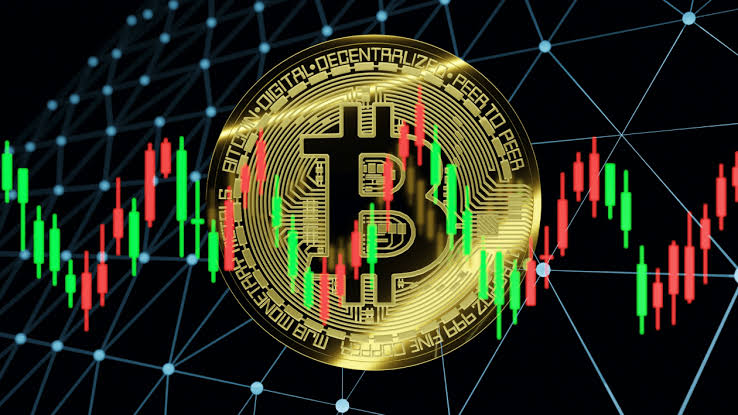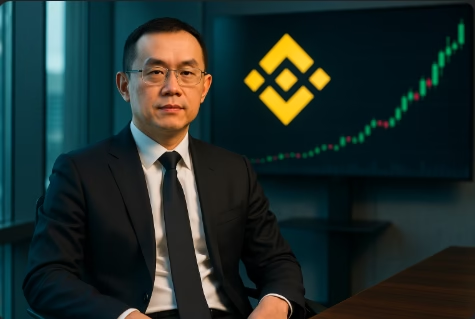Binance founder Changpeng Zhao said he has never sold his BNB holdings, countering years of speculation about his financial stake in the exchange’s native token.
In an October 30 post on X, Zhao said he “only used it for spending” and clarified that he “bought all my BNB with my own money in the early stages of the project; it wasn’t given to me for free.” The statement comes weeks after US President Donald Trump pardoned Zhao, who served four months for anti-money laundering violations in 2024.
The statement directly counters years of speculation over Zhao’s personal influence and financial activity involving BNB, the exchange’s native asset. The BNB ecosystem—which supports discounted trading fees, blockchain projects, and decentralized products—has been central to Binance’s global operations.
Zhao’s reaffirmation comes amid renewed investor enthusiasm following his presidential pardon by Donald Trump earlier this month. Analysts note that the combined impact of Zhao’s statement and the pardon could significantly strengthen investor trust in BNB.
This narrative—linking BNB’s market stability to Zhao’s personal credibility—has become one of the most discussed topics among crypto investors this week. The focus keyphrase BNB ecosystem continues to dominate discourse as traders assess Binance’s potential path back into the U.S. market.
Trump’s pardon sparks surge in BNB ecosystem optimism
The BNB ecosystem received a major confidence boost after U.S. President Donald Trump granted a full pardon to Zhao, who had served a four-month sentence in 2023 for violating anti-money laundering regulations. The decision has prompted speculation that Binance may regain access to the U.S. market, which it exited amid legal restrictions.
Experts say the pardon not only restores Zhao’s reputation but could also enhance the legitimacy of the BNB ecosystem in regulatory and investment circles.
“Binance continued to grow, BNB continued to grow. This amnesty could open a new chapter for both sides,” David Namdar, CEO, BNB Network.
Namdar described the pardon as having a potential “rocket fuel effect” on the BNB ecosystem, noting that it could attract institutional investors who previously avoided the token due to regulatory uncertainty. His company’s treasury reportedly holds 500,000 BNB tokens, making it one of the largest single corporate holders of the asset.
With a market capitalization of $158 billion, BNB remains the world’s fifth-largest cryptocurrency. Market watchers believe the pardon and Zhao’s renewed visibility could push the BNB ecosystem to a new stage of growth.
Binance’s U.S. return could reshape the BNB ecosystem
The possibility of Binance re-entering the U.S. market has added fresh energy to the BNB ecosystem narrative. Namdar noted that the amnesty “could pave the way for both Binance’s return to the U.S. market and the legitimacy of the BNB token.”
This sentiment has been echoed across the crypto community, where traders view Zhao’s pardon as both symbolic and strategic. For many, the founder’s declaration—“I never sold BNB”—represents renewed transparency and confidence in the BNB ecosystem.
Zhao’s continued public presence also serves as reassurance for long-term holders who view BNB as integral to Binance’s identity. The statement, coming at a time of market recovery, positions the BNB ecosystem as a resilient player in the evolving digital asset landscape.
“His honesty about his holdings reinforces the idea that the BNB ecosystem is built on accountability and conviction,” said one market analyst in reaction to Zhao’s post.
Institutional momentum and future outlook for BNB ecosystem
Institutional interest in the BNB ecosystem appears to be rising again. Nasdaq-listed CEA Industries (BNB Network) announced in August that it had raised $500 million, designating BNB as its primary reserve asset.
According to Namdar, these developments could have “a cascading effect” on adoption and valuation. “The amnesty lifts a reputational shadow, while renewed U.S. participation would add liquidity and trust to the market,” he explained.
As Binance’s founder reclaims his voice and political winds shift in his favor, the BNB ecosystem stands at a potential inflection point. The convergence of regulatory relief, leadership stability, and institutional recognition may define the next phase of its evolution.
For now, Zhao’s words “I never sold BNB” resonate as both a personal defense and a signal of unwavering faith in the BNB ecosystem he helped build.











